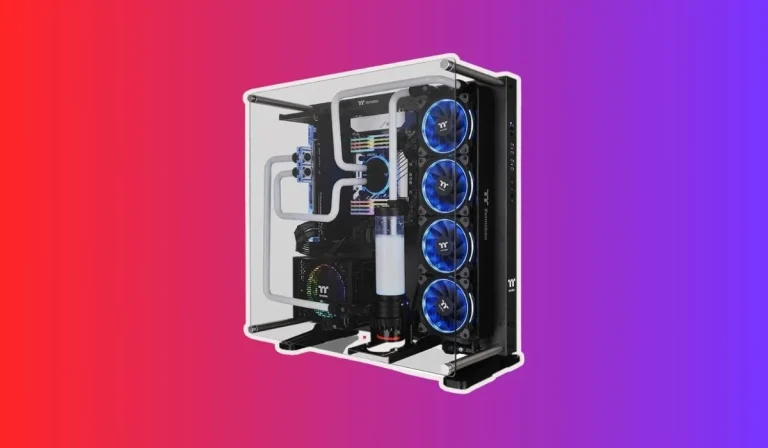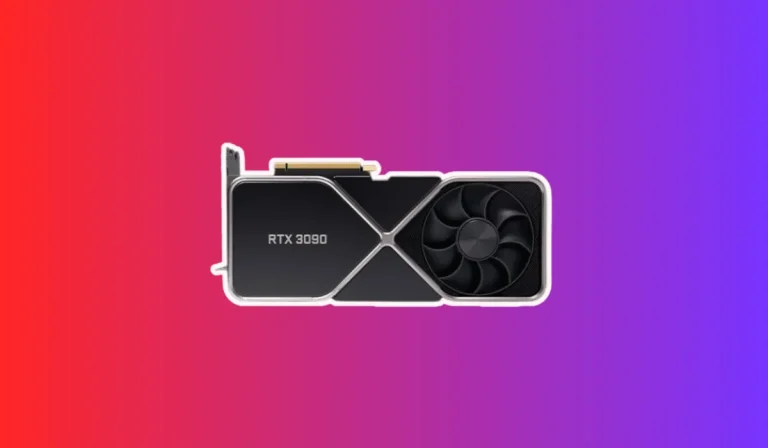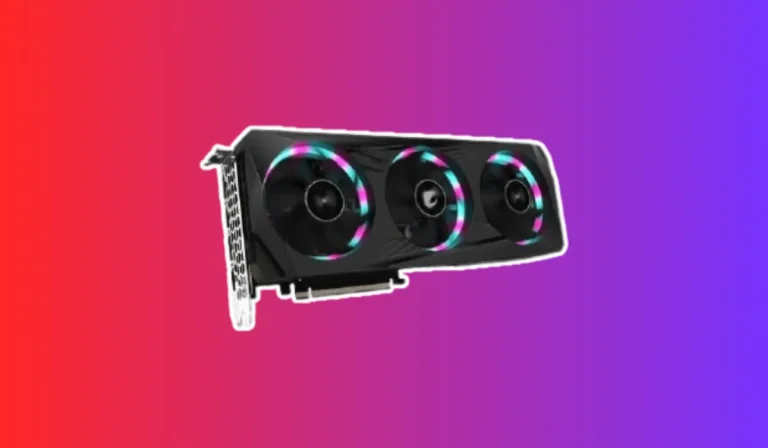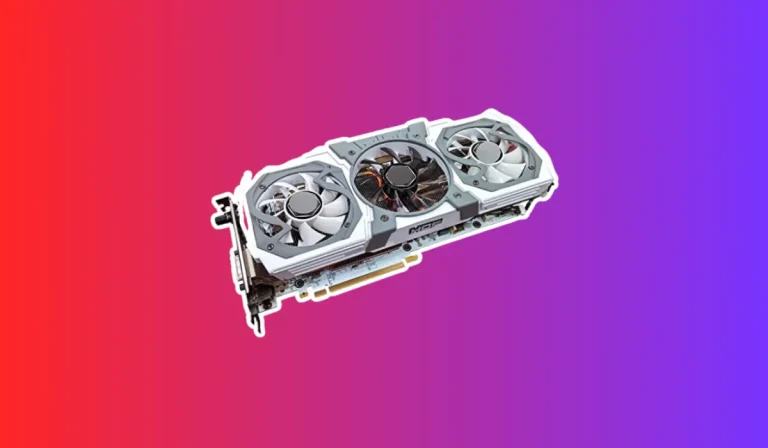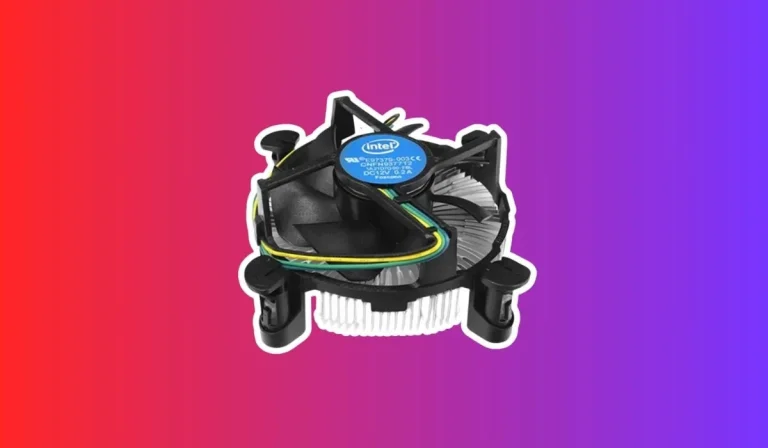How Graphics Cards Impact FPS?
Introduction
Are you a passionate gamer seeking to enhance your gaming experience? If so, you’ve likely come across the term “FPS.” But what exactly is FPS, and why is it crucial for a smooth gaming experience? In this article, we’ll delve into the world of frames-per-second (FPS) and explore the role that graphics cards play in determining your gaming performance.
How do Graphics Cards Contribute to FPS?
Graphics cards, also known as GPUs (Graphics Processing Units), play a vital role in determining the frames-per-second (FPS) performance of your gaming experience. But how exactly do graphics cards impact FPS?
GPU and Rendering Frames
At the heart of every graphics card is the GPU, which is responsible for rendering and processing the visuals you see on your screen. When you play a game, the GPU takes the data from the game and converts it into images that can be displayed on your monitor. The more powerful and efficient the GPU, the faster it can render frames, resulting in higher FPS.
Calculating FPS
FPS is a measure of how many frames your graphics card can render per second. A higher FPS means smoother gameplay, while a lower FPS can result in lag and a less enjoyable gaming experience. The GPU’s processing power and clock speed directly impact its ability to calculate and deliver frames quickly.
Impact of GPU Power and Performance
The power and performance of your graphics card have a direct correlation with FPS. A more powerful GPU can handle complex graphics and demanding games with ease, resulting in higher FPS.
On the other hand, a weaker or outdated graphics card may struggle to keep up with the demands of modern games, leading to lower FPS and potential stuttering.
In summary, graphics cards contribute significantly to FPS by handling the rendering and processing of frames in games. A powerful GPU with high processing power and clock speed can deliver smoother gameplay with higher FPS.
When considering a graphics card for gaming, it’s essential to choose one that meets the requirements of the games you play to ensure optimal FPS performance.
Factors Affecting FPS Performance
Several factors contribute to the overall FPS performance in gaming. Understanding these factors can help you optimize your gaming experience. Let’s explore some key factors that affect FPS performance:
GPU’s Processing Power and Clock Speed:
The processing power and clock speed of your graphics card’s GPU have a significant impact on FPS. A more powerful GPU can handle complex graphics and calculations faster, resulting in higher FPS.
GPUs with higher clock speeds can process frames more quickly, delivering smoother gameplay. When choosing a graphics card, consider the GPU’s specifications to ensure it meets the requirements of the games you play.
VRAM (Video Random Access Memory):
VRAM, or Video Random Access Memory, is dedicated memory on the graphics card used for storing and accessing graphical data. The amount of VRAM available affects the GPU’s ability to handle high-resolution textures and complex scenes.
Insufficient VRAM can lead to lower FPS as the graphics card struggles to load and render assets. It’s important to choose a graphics card with adequate VRAM for the games you intend to play.
Compatibility between GPU and Game Requirements:
To achieve optimal FPS, it’s crucial to ensure compatibility between your graphics card and the requirements of the games you play. Some games may have specific GPU requirements or recommendations.
Check the game’s system requirements and compare them with your graphics card’s specifications. If your graphics card falls short of the game’s recommended requirements, it may result in lower FPS or graphical issues.
By considering factors such as GPU processing power, clock speed, VRAM, and compatibility with game requirements, you can make informed decisions when selecting a graphics card and optimize your FPS performance for an immersive gaming experience.
Can Upgrading Your Graphics Card Improve FPS?
If you’re experiencing low FPS or unsatisfactory gaming performance, upgrading your graphics card can be a game-changer. Here’s how a graphics card upgrade can improve your FPS:
Increased Processing Power and Performance:
Upgrading to a more powerful graphics card means gaining access to improved processing power and performance. A higher-end GPU can handle demanding games and graphics-intensive tasks more efficiently, resulting in higher FPS.
The upgraded graphics card can render frames faster, delivering smoother gameplay and a more immersive gaming experience.
Support for Advanced Features and Technologies:
Newer graphics cards often come equipped with the latest technologies and features designed to enhance gaming performance. These can include support for higher resolutions, real-time ray tracing, and advanced shading techniques.
By upgrading your graphics card, you can take advantage of these features, which can significantly improve the visual quality and FPS performance of your games.
Compatibility with Modern Games:
As games become more graphically demanding, older graphics cards may struggle to keep up. Upgrading your graphics card ensures compatibility with the latest game releases and their recommended system requirements.
This compatibility allows your upgraded GPU to handle the graphical demands of modern games, resulting in smoother gameplay and improved FPS.
In conclusion, upgrading your graphics card can have a substantial impact on your gaming experience by improving FPS. With increased processing power, support for advanced features, and compatibility with modern games, an upgraded graphics card can deliver smoother gameplay, higher FPS, and a more visually stunning gaming experience.
FAQ’s
1. Will any graphics card improve FPS in all games?
Not all graphics cards are created equal. While upgrading your graphics card can generally improve FPS, the extent of improvement depends on factors like the power and performance of the new card, compatibility with game requirements, and optimization of game settings.
2. Can a high FPS be achieved with a low-budget graphics card?
High FPS is often associated with more powerful and expensive graphics cards. While budget-friendly options can still provide decent FPS in less demanding games, achieving consistently high FPS in graphically intensive games may require investing in a more capable graphics card.
3. Will upgrading my graphics card eliminate all FPS drops and stuttering?
While upgrading your graphics card can help reduce FPS drops and stuttering, it may not eliminate them entirely.
4. Do graphics drivers affect FPS performance?
Yes, graphics drivers play a crucial role in optimizing FPS performance. Regularly updating your graphics drivers ensures compatibility with the latest games and can provide performance enhancements and bug fixes, leading to improved FPS.
5. Is overclocking my graphics card a guaranteed way to increase FPS?
Overclocking your graphics card can potentially increase FPS by boosting its clock speed. However, it also increases power consumption and generates more heat, which may require additional cooling solutions. Overclocking should be done cautiously and within recommended limits to avoid damaging the card or negatively impacting stability.
Conclusion
In the world of gaming, graphics cards play a crucial role in determining FPS performance. Upgrading to a more powerful graphics card can enhance your gaming experience by providing increased processing power, compatibility with modern games, and support for advanced features.
However, it’s essential to consider factors like game requirements, system specifications, and overall hardware compatibility. By making informed decisions and following these final tips, you can maximize your FPS performance and enjoy smoother gameplay

